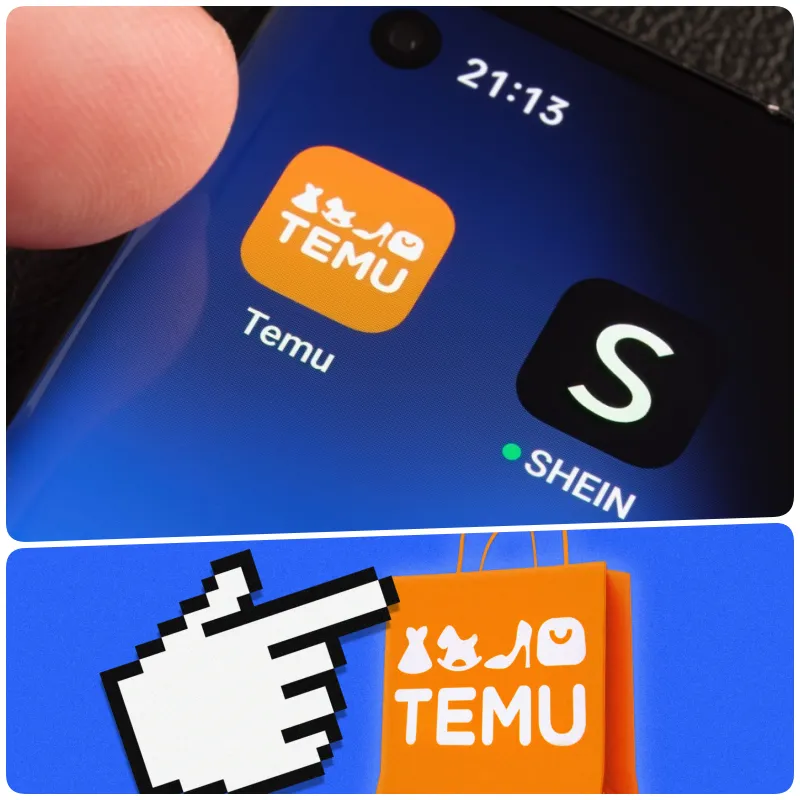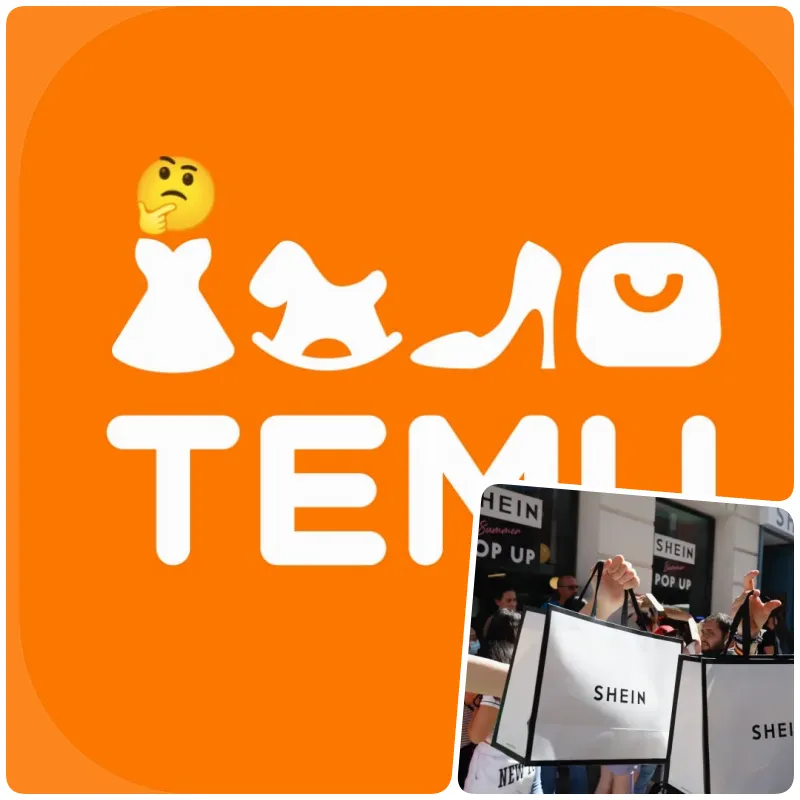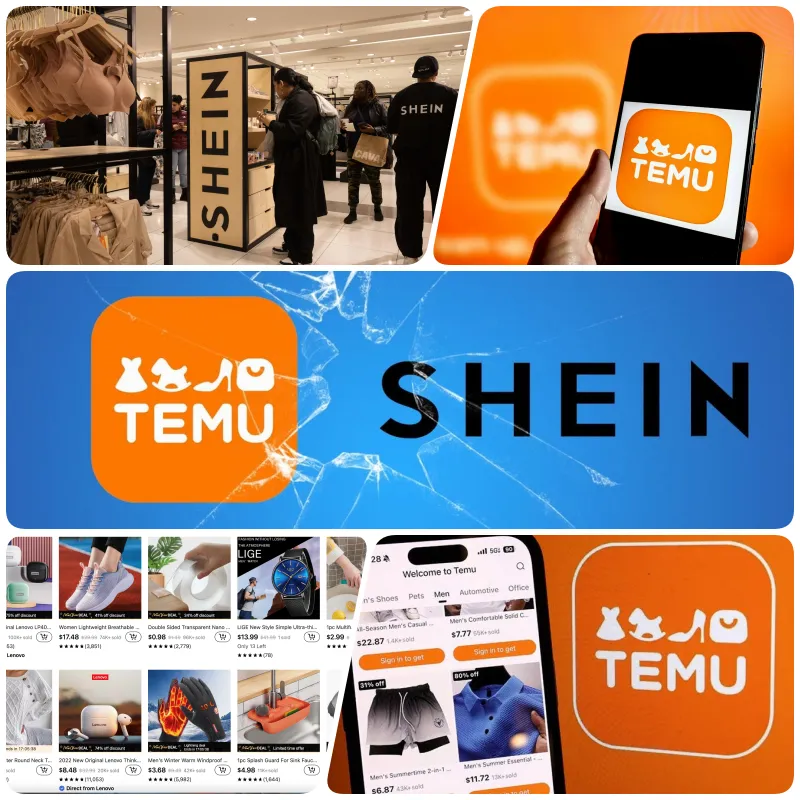
Shein vs. Temu: The battle between China’s e-commerce giants is getting fiercer
The rivalry between Chinese e-commerce giants Shein and Temu has escalated significantly, with Shein filing a lawsuit against Temu. Shein accused Temu of selling counterfeit goods, stealing trade secrets and defrauding customers through “illegal business practices”.
In federal court filings in Washington, Shein, a leading fashion brand, alleges that Temu, owned by Chinese e-commerce group PDD Holdings, “encouraged sellers to violate their property rights.” intellectual property, selling counterfeit or substandard goods” to “minimize losses due to subsidies.”

According to Shein’s court documents, “Temu used an illegal business model to establish a large-scale piracy and counterfeiting operation in the United States. This operation must be destroyed.” destroy.” Shein also claims that at least one Temu employee stole trade secrets related to Shein’s best-selling items, which were then copied and sold on Temu.
Temu has vehemently denied these allegations. “It’s unbelievable how bold they are,” a Temu spokesperson told Nikkei Asia. While immersed in his own copyright infringement lawsuits, Shein dared to fabricate accusations against to others, reflecting the very misconduct of which they have been repeatedly accused.”
Shein has faced similar lawsuits in the past from Uniqlo, H&M and Levi Strauss.
Shein representatives told Nikkei Asia that there is evidence that Temu was involved in facilitating violations, deceiving consumers, suppliers and the public. This latest move by Shein comes as both e-commerce giants face many legal barriers in the international market.
In the US and EU, both platforms are under scrutiny for suspected forced labor, product safety violations, intellectual property violations, tax evasion and privacy violations. Additionally, in early August, South Korean authorities reported finding toxic substances in products from both Shein and Temu.
Founded in Nanjing, China by entrepreneur Xu Yangtian in 2008, Shein has grown into a global powerhouse by offering trendy, affordable clothing aimed at Gen Z consumers across the world. worldwide. The company holds the largest market share in the US fast fashion sector.
Most of Shein’s clothing is made in China, but the company does not sell any products domestically. Shein moved its headquarters to Singapore in 2021 and Xu has since changed his citizenship to Singapore.
Reporting from Information, Shein’s total revenue in 2023 reached $32.2 billion, marking a 40% increase over the same period last year. PDD Holdings is growing even faster at 84%, with annual revenue of $35 billion. PDD Holdings launched Temu in the US in September 2022, coinciding with rising inflation in the world’s largest economy.

After an aggressive marketing campaign, this affordable shopping app quickly rose to the top of the App Store and Play Store rankings in terms of downloads. Temu currently ships to more than 70 countries, while Shein serves customers in nearly 150 countries.
Since late last year, Shein and Temu have been frequently embroiled in legal battles, each accusing the other of illegal activities. In December 2023, Temu sued Shein for copyright infringement and alleged that Shein made “mafia-style threats” to ensure vendors sold exclusively on its platform.






